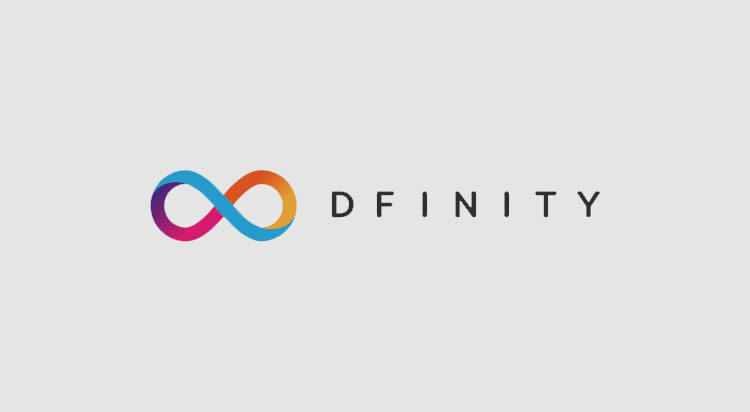DFINITY, a decentralized and non-proprietary network, today announced that the Internet Computer is now open to third-party developers and entrepreneurs to build the next generation of decentralized mega-applications aimed at rebooting the internet. The Internet Computer is a platform to host emerging innovations in secure software and open internet services.
DFINITY has also built CanCan, an open alternative to TikTok that is not owned or operated by a corporate or government entity. CanCan is built with less than 1,000 lines of code to showcase the simplicity of building on the Internet Computer — a stark contrast to Facebook, which has taken over a decade to build and contains over 62 million lines of code.
This paradigm shift in how software is built is made possible by breakthroughs in advanced computer science, cryptography, and programming languages such as:
-
Motoko, a new programming language optimized for the Internet Computer and designed by Andreas Rossberg, Co-Creator of WebAssembly;
-
The Internet Computer’s serverless architecture, which allows the internet to natively host software and services — eliminating the need for proprietary cloud services;
-
And an elimination of the need for legacy software components and services such as web servers, databases, and firewalls, vastly simplifying the developer experience.
“One of the biggest problems emerging in technology is the monopolization of the internet by Big Tech — companies that have consolidated near-total control over our technologies. They collect vast amounts of information about us that they sell for profit and leverage to amass greater market share, and acquire or bulldoze rivals at an alarming rate. They continue to grow bigger by the moment,” said Dominic Williams, Founder and Chief Scientist at DFINITY. Williams added, “The Internet Computer provides a means to reboot the internet — creating a public alternative to proprietary cloud infrastructure. It will empower the next-generation of developers and entrepreneurs to take on Big Tech with open internet services. It aims to bring the internet back to its free and open roots — not dominated by a handful of corporations.”
This major milestone — the Tungsten release of the Internet Computer (aka, Developer Network) — also means that DFINITY will extend invites to third-party developers and entrepreneurs, allowing them to build and deploy their own apps and projects onto the Internet Computer. Startups and entrepreneurs will now have the opportunity to create decentralized mega-applications and DeFi systems that will challenge Big Tech’s monopoly. Projects currently being built on the Internet Computer include a decentralized payment application and a pan-industry platform for luxury goods. Successful and promising applications may also benefit from Beacon Fund, an ecosystem fund stewarded by the DFINITY Foundation and Polychain Capital that aims to support DeFi apps and open internet services built on the Internet Computer.
Earlier this year, when DFINITY demonstrated LinkedUp at the World Economic Forum in Davos, it ran on independent data centers in Switzerland. Today’s Developer Network milestone runs on a global network of independent data centers distributed across Europe and the United States. This decentralized network ensures that the Internet Computer is fast, secure, scales to billions of users around the world, and supports a new breed of software from open internet services such as LinkedUp and CanCan to DeFi applications.
“The Tungsten release of the Internet Computer is a great leap forward leading to a fully decentralized and public extension of the internet. It is an upgrade of the internet so it can natively host software and services,” said Dominic Williams, Founder and Chief Scientist at DFINITY. Williams added, “For the first time, developers and organizations get a taste of the new computing paradigm in action. Software is created by simply uploading it directly to the internet, where it runs on a global network of independent data centers within a tamper-proof environment. There is no need for complex legacy components such as proprietary cloud services, web servers, databases, middleware, and firewalls.”
Interested developers and enterprises can submit an application to access the Internet Computer starting July 1, 2020, via dfinity.org. The Internet Computer network has a $2 billion dollar valuation and is backed by investors such as Andreessen Horowitz, Polychain Capital, and SV Angel.






















